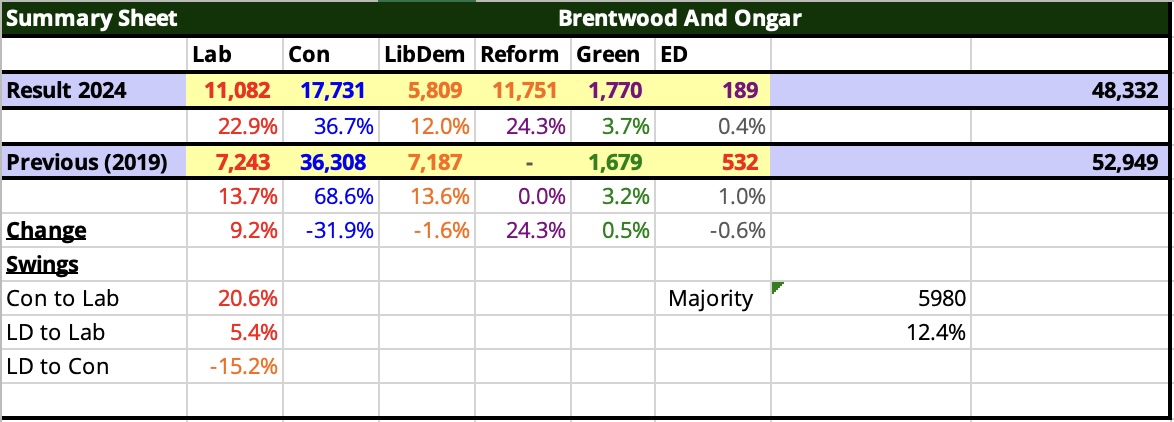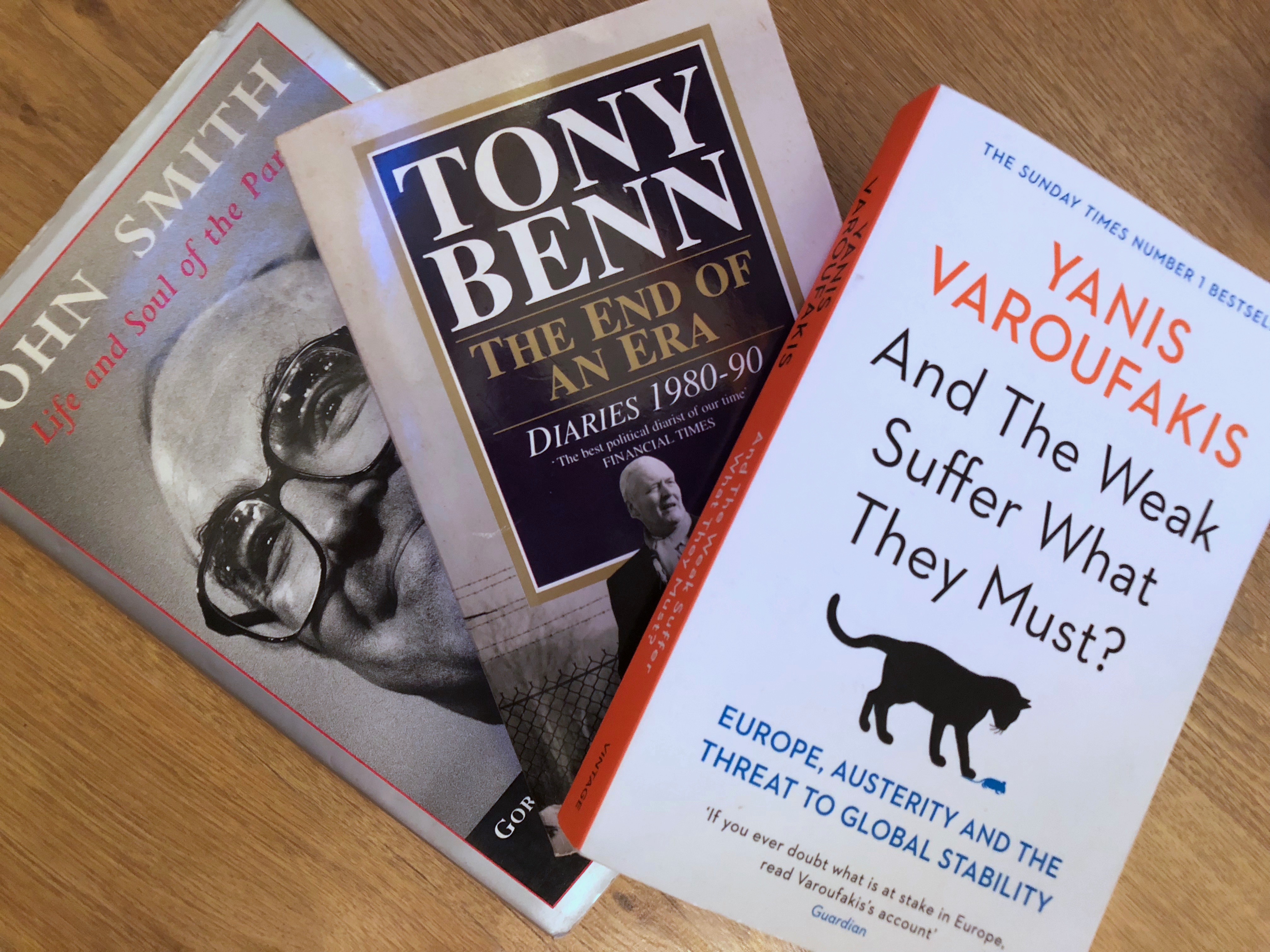The Socialist Book Club meets to consider a book or sometimes watch a film. Our discussions are enjoyable, allowing us to examine what we mean by socialism and to share the insights gained.
New members are welcome, and indeed you do not have to be a member – just come and join in the discussion, whether you have read the book or not.

NEXT MEETING
We hope to next meet in early 2024 to see the film Hannah Arendt directed by Margarethe von Trotta and follow up by reading the new book ‘We Are Free to Change the World‘ by Lyndsey Stonebridge.
The club is committed to developing members’ knowledge of socialism, not just reading for pleasure, but recognises that ‘a good read’, followed by a lively discussion, would help.
The club first met on 25th October 2015 and talked about the books people had suggested, sharing reading interests and the purpose of the club.
Get in touch us if you are interested in joining us.
Books we have already discussed and links to our reviews:
- November 2015 – The Soul of Man Under Socialism by Oscar Wild
- January 2016 – The Establishment: and How They Get Away with It by Owen Jones
- July 2016 – The Ragged Trousered Philanthropists by Robert Tressell
- October 2016 – This Changes Everything by Naomi Klein
- November 2017 – The Joy of Tax by Richard Murphy
- January 2017 – The Jungle by Upton Sinclair
- April 2017 – Ghosts of Spain by Giles Tremlett
- July 2017 – Break the Chains of Poverty Pay, Casual Labour and Exploitation by Richie Venton
- August 2017 – Active Hope: How to face the mess we’re in without going crazy by Joanna Macy & Chris Johnstone
- October 2017 – And the Weak Suffer What They Must by Yanis Varoufakis
- December 2017 – Citizen Clem: A Biography of Attlee by John Bew
- February 2018 – Prosperity Without Growth by Timothy Jackson
- March 2018 – No is Not enough by Naomi Klein
- May 2018 – Animal: The Autobiography of a Female Body by Sara Pascoe
- July 2018 – Postcapitalism – A Guide to Our Future by Paul Mason
- September 2018 – Animal Farm by George Orwell
- December 2018 – Rules for Radicals by Saul D. Alinsky
- February 2019 – The rise of the Right : English nationalism and the transformation of working-class politics by Simon Winlow
- June 2019 – The New Working Class: How to win hearts, minds and votes by Claire Ainsley
- May 2020 – Hard Times by Charles Dickens
- November 2020 – Brit(ish): on Race, Identity and Belonging by Afua Hirsch
- December 2020 – Capitalist Realism: Is There No Alternative?’ by Mark Fisher


